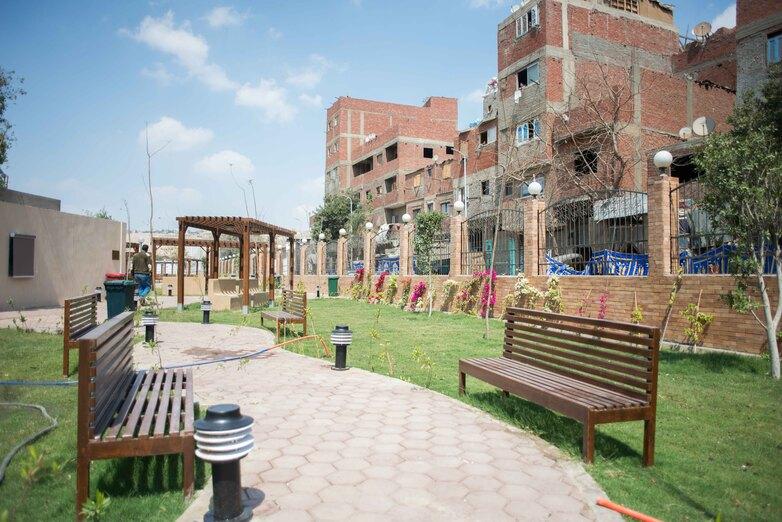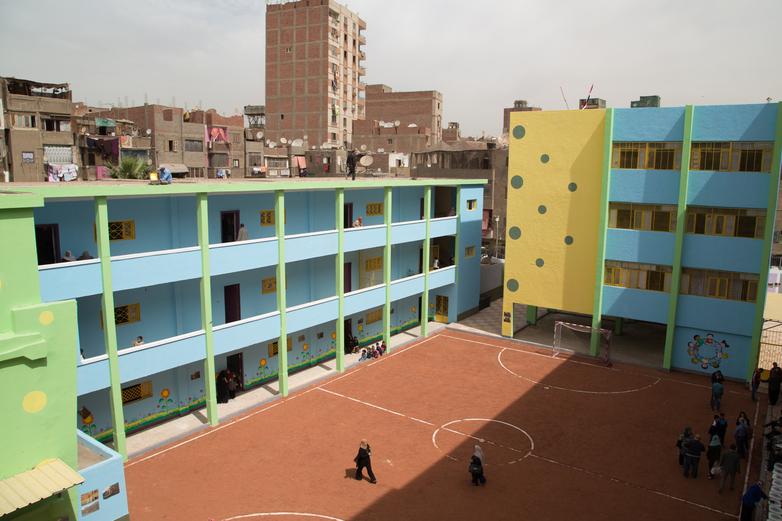Context
Egypt’s cities are growing at a very rapid pace. While Egypt has seen considerable success in implementing urban-upgrading activities, the strategic approach applied in informal areas needs to be better coordinated. The state also faces challenges in controlling informal urban expansion and in planning management; Greater Cairo has about 20 million inhabitants, more than 60 per cent of whom live in informal urban areas. These are densely built-up and lack adequate access to public infrastructure and services. Participatory planning instruments are not being sufficiently utilised to improve the urban planning process.
The Participatory Infrastructure Project (PIP) is an Egyptian-German development project implemented in cooperation between the Egyptian Ministry of Housing, Utilities and Urban Communities (MoHUUC) and Deutsche Gesellschaft für Internationale Zusammenarbeit (GIZ) GmbH. It is funded and supported by the German Federal Ministry for Economic Cooperation and Development (BMZ), the European Union (EU) and Egyptian partners.
Based on experience gained in the Participatory Development Programme in Urban Areas (PDP) since 2010, the Participatory Infrastructure Project (PIP) further develops tried-and-tested measures and approaches in integrated and participatory planning. The PIP interventions use infrastructure-upgrading measures to provide hands-on learning experience to the stakeholders involved to improve their delivery of basic services. The areas of need identified include infrastructure for water, wastewater, solid waste, education, health and recreation, which will be targeted by the project.
The geographical target area covers nine informal settlements in the Greater Cairo region with an estimated total population of about two million.
Objective
The establishment and operation of basic public infrastructure and related public services in nine informal urban settlements of Greater Cairo Region is improved. The competent ministry uses integrated and participatory development approaches, which are mainstreamed in the guidelines of urban development policies.

